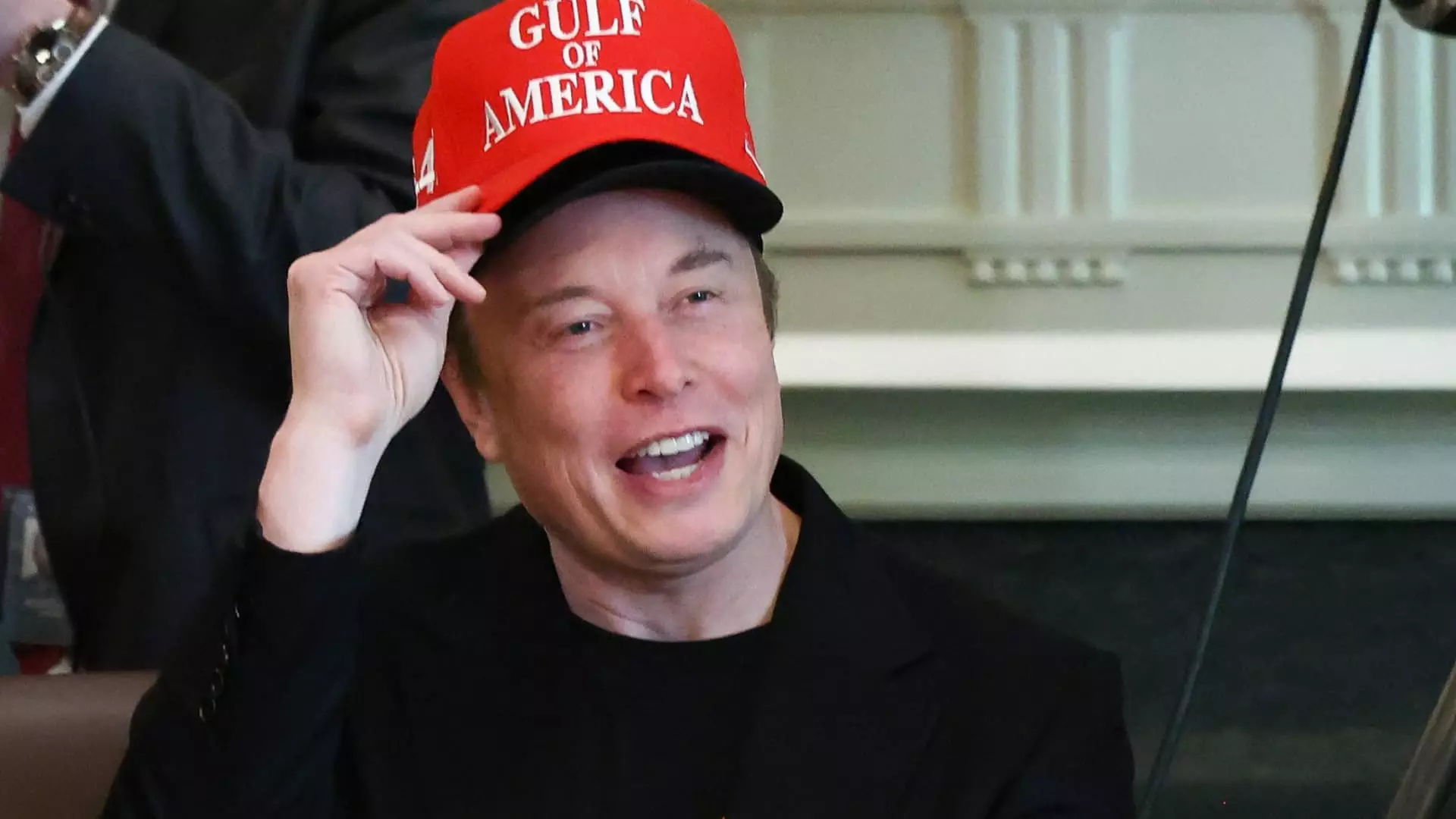Elon Musk, often heralded for his role as a visionary entrepreneur, recently stepped away from his position within the Trump administration, which focused on trimming federal expenditures. This departure brings forth a significant insight into the challenges and ambitions that come with intertwining business acumen and political responsibilities. Musk’s initiative, dubbed the Department of Government Efficiency (DOGE), aimed to streamline operations and cut unnecessary spending. His approach to governance has sparked conversations about the necessity of innovation in the public sector, revealing the potential for fresh strategies to address age-old bureaucratic inertia.
Musk’s Unconventional Government Role
Musk held the unique title of a special government employee, enabling him to contribute to the Trump administration for a limited span of 130 days annually. This arrangement underscores the often unconventional nature of Musk’s career; it’s a reflection of how modern entrepreneurs increasingly blur the lines between private and public sectors. His work with DOGE was characterized by an intensive commitment, reportedly dedicating nearly every day to the initiative during his first 100 days. This level of engagement raises important questions about the balance between holding a corporate leadership position—especially as the CEO of high-stakes companies like Tesla and SpaceX—and taking on governmental roles that demand unwavering focus and ethical transparency.
The Tensions of Politics and Business
As Musk expressed gratitude to Trump for the opportunity, he simultaneously voiced concerns about an impending spending bill that threatens to undermine DOGE’s mission. This contradiction illustrates the ongoing tension that exists between fiscal responsibility and the relentless drive for innovation that Musk embodies. In an age where policies can significantly impact industries—especially those reliant on government contracts or regulation—Musk’s critical stance showcases the precarious balancing act required to navigate these waters. Moreover, it raises pressing questions about how entrepreneurial thinkers like Musk can effectively influence governance while preserving their core business principles.
Legal Challenges Looming Ahead
Musk’s departure is not without its complications; he faces a landscape dotted with legal challenges that arise from his dual roles. Allegations that he violated federal laws while leading DOGE could hinder his reputation and operations in the private sector. These legal risks serve as a cautionary tale for entrepreneurs who aspire to transition into political roles. Furthermore, recent pressures from Tesla’s pension fund leaders seeking a minimum commitment of hours from Musk at the electric vehicle maker reveal the growing expectation for accountability from business leaders in all capacities.
A Shift Back to Business Focus
With his exit from governmental duties, Musk intends to concentrate more intensely on his various enterprises. His commitment to continue dedicating a couple of days each week to government work signals his duality as both a business mogul and a public contributor. However, it remains to be seen how effectively he can juggle these responsibilities without compromising the integrity of either domain. In an era where innovative thinking is paramount, the lessons drawn from Musk’s government experience could provide invaluable insights into the potential for change in how governmental agencies operate, forging a path for future entrepreneurs considering a plunge into public service.
Elon Musk’s unique venture into the realm of government efficiency encapsulates both the promises and pitfalls of merging entrepreneurial spirit with public service, leaving many to ponder the future interactions between business innovators and government frameworks.

